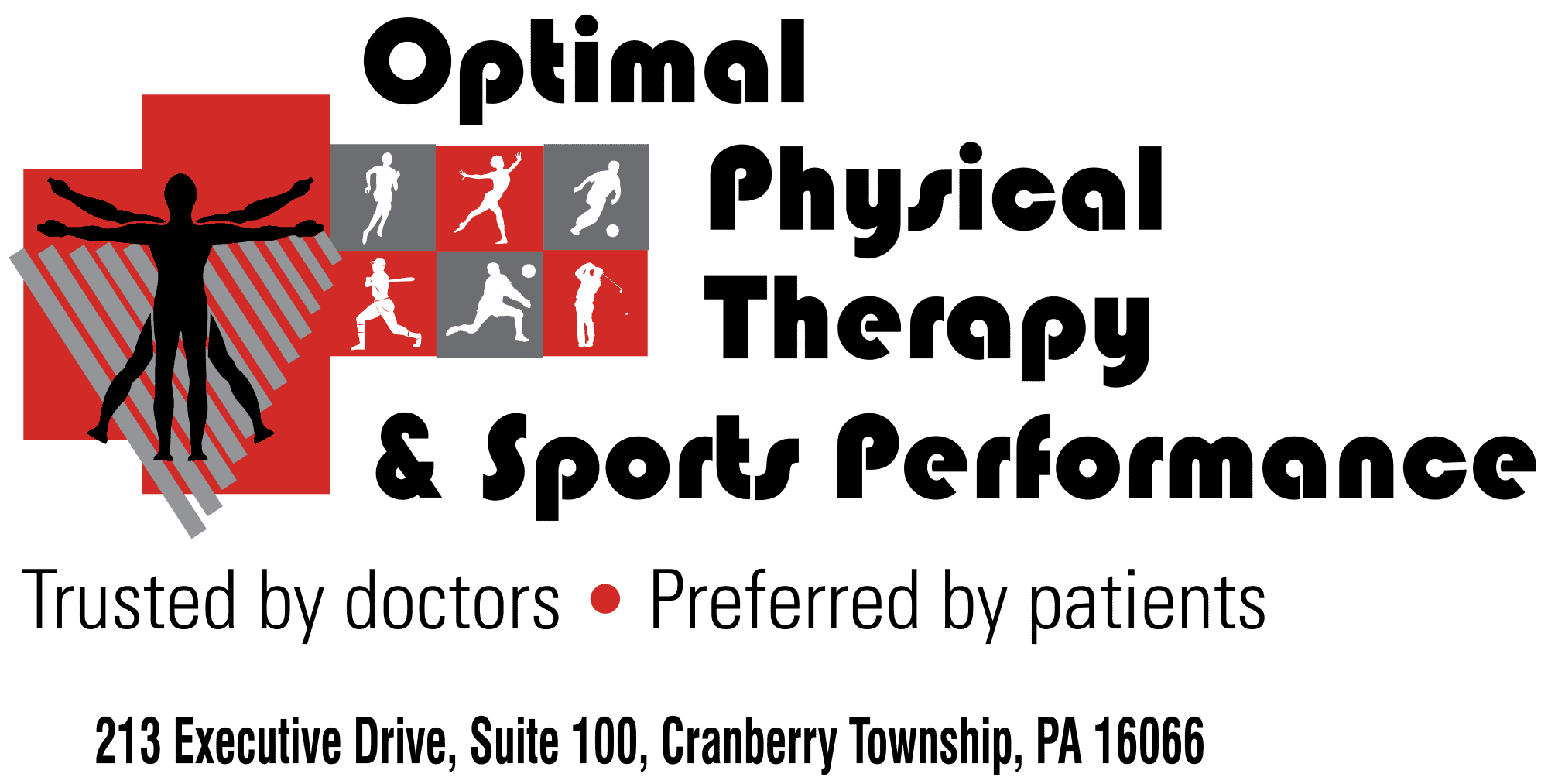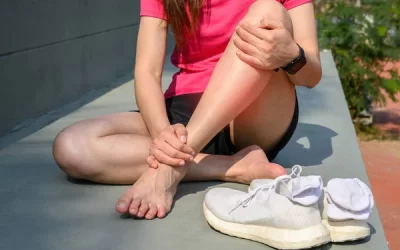Here at Optimal Physical Therapy and Sports Performance, we treat many patients who are recovering from stroke. These recoveries can be long and require much effort of the therapist and the patient. It is important for people to recognize the risk factors for stroke and know if they fall into a Risk Zone for this devastating situation. Prevention is the best intervention for at risk persons and there is much that can be done to prevent stroke even if you have risk factors.
Stroke is the third leading cause of death in the US and it happens to 700,000 persons each year!
The three greatest risk factors for all individuals:
Being over age 55, being African American, and having a family history of stroke. These greatest risk factors cannot be changed but there are many other conditions and lifestyle factors that can be treated or adjusted for that will reduce the risk.
Three things everyone can immediately do in order to lower risk:
Stop Smoking: Smoking doubles the risk of a having a stroke in your lifetime. Committing to quitting this habit will lower this risk significantly.
Avoid Excessive Alcohol: Risk of stroke is increased by 50 percent if you drink more than 2 alcoholic drinks a day. Reduce your intake, reduce your risk.
Fight Inactivity: 30 minutes of walking, swimming or biking a day may be enough to reduce the risk. For persons who may have had a stroke and want to prevent another one, persistent balance or walking difficulties may make the above suggestions challenging and may want to opt for recumbent bikes.
Conditions that you need to maintain good management over if you have them:
High Blood Pressure: This is a leading cause of stroke. If you have this condition, follow your doctor’s plan for controlling this with medication, diet modifications such as watching for excessive salt and fat in your diet.
Atrial Fibrillation: If diagnosed with this, follow doctor orders for medications which may include blood thinners to avoid developing blood clots that can be sent from a heart with irregular heartbeat to the brain.
Diabetes: This condition is closely related to increased stroke risk. Follow recommended diet, exercise and medication regime.
Obesity: Being significantly overweight strains your circulatory system, puts you at higher risk for high cholesterol, high blood pressure and diabetes. Consider consulting a dietary professional on possible lifestyle changes in diet that you can try and get active in any way that you can in order to try to reduce weight.
Stroke history: If you have had a previous stroke, you are at risk for another. Keep to your post stroke treatment plan to keep from suffering from another stroke.
Sleep Disorders: If your doctor has diagnosed you with a sleep disorder or suspects you have one, take it seriously. Sleep apnea is a breathing disorder that happens while you sleep and can raise blood pressure which puts you at higher risk.
No one ever wants to experience a stroke. Do your very best to try and stay healthy. Talk with your healthcare providers including your physical therapist on how you might incorporate the above into your lifestyle.



